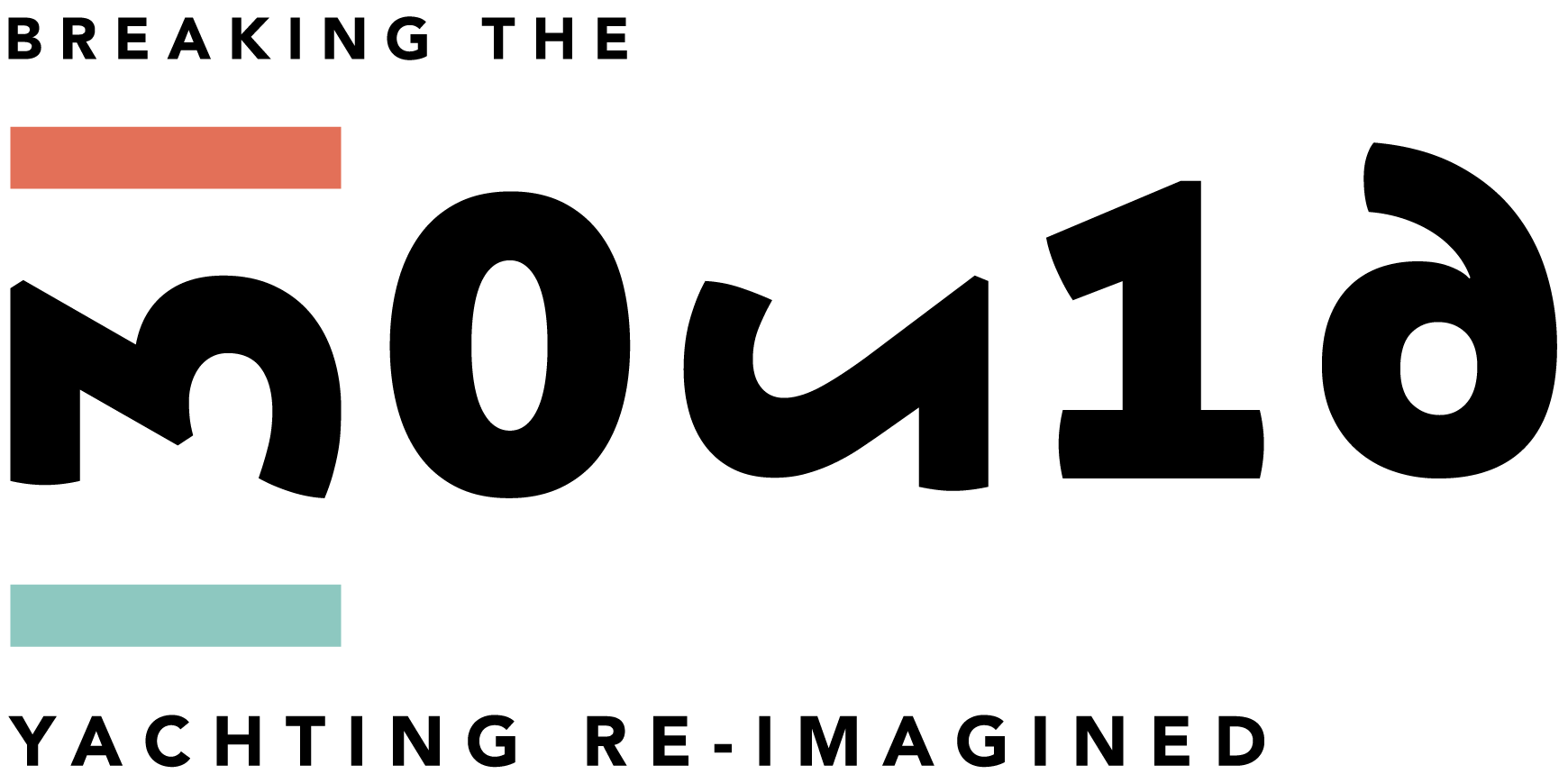Essential Accounting Tips for Guernsey Property Owners
Accounting for Property Owners in Guernsey: What You Need to Know
Owning property in Guernsey can be a good investment, but it also comes with financial challenges. It’s important for landlords and property investors to know the rules, keep good records, and make smart decisions. This guide explains the basics of accounting for property ownership in Guernsey.
1. Taxes on Rental Income
In Guernsey, rental income is taxed at 20%. Property owners must:
-
Report their rental income every year.
-
Deduct allowed expenses like repairs, maintenance, insurance, and mortgage interest.
Tip: Keep detailed records of all expenses to make tax filing easier.
2. Expenses You Can Deduct
Landlords can reduce their taxable income by deducting costs for maintaining the property. Common deductions include:
-
Fees for property management.
-
Costs for repairs and maintenance.
-
Interest on loans or mortgages used to buy the property.
-
Legal fees for tenancy agreements (but not fees for buying the property).
-
Utility bills paid by the landlord.
Important: Big upgrades, like major renovations, are not tax-deductible. However, you can include these in the property’s value for future capital gains.
3. Following Local Laws
Landlords need to follow Guernsey’s housing rules. This includes:
-
Registering as a landlord if required.
-
Making sure the property meets safety standards, like fire and electrical checks.
-
Giving tenants clear rental invoices and keeping good financial records.
Breaking the rules can lead to fines or tenant disputes, which may cost you money.
4. Dealing with VAT (Goods and Services Tax)
Guernsey doesn’t have VAT, but if you hire services from the UK, you might pay VAT. To manage this:
-
Check if the services are VAT-exempt.
-
Reclaim VAT if possible for certain business setups.
5. Capital Gains Tax (CGT)
Guernsey doesn’t have CGT. However, if you’re a UK resident and sell property in Guernsey, you may have to pay UK CGT. To plan for this:
-
Time your property sales to reduce taxes.
-
Keep records of what you paid for the property and any improvement costs.
Tip: Look into agreements between Guernsey and the UK to avoid double taxation.
6. Using Accounting Software
Accounting software can make it easier to track your property finances. Look for features like:
-
Automatic rent collection and invoices.
-
Expense tracking.
-
Linking with your bank for easy reconciliation.
Good options include Xero, QuickBooks, or property-specific tools like Arthur Online.
7. Managing Cash Flow
Positive cash flow is key. Here’s how to stay on track:
-
Save money for unexpected repairs or bills.
-
Get loans with good terms to lower interest costs.
-
Check rental prices regularly to stay competitive.
Caution: Avoid borrowing too much money, as it can lead to financial stress. Keep an eye on your loan-to-value ratios.
8. Getting the Right Insurance
Property insurance is vital to protect your investment. Make sure you’re covered for:
-
Fire or flood damage.
-
Loss of rental income if the property needs repairs.
-
Liability claims from tenants or visitors.
Review your insurance every year to ensure it meets your needs.
9. Adapting to Market Changes
The property market and rules can change. Stay prepared by:
-
Keeping up with Guernsey’s housing trends.
-
Joining property owner groups or forums.
Conclusion
Owning property in Guernsey can be rewarding, but it requires careful management. By understanding taxes, laws, and good accounting practices, you can protect your investment and make the most of it.
At Breaking the Mould Accounting Ltd, we specialize in helping property owners in Guernsey with all their accounting needs.
Contact us today for expert advice and support tailored to your property portfolio.



.jpg)
%20(7).jpg)
